
According to Ms. Nguyen Thuy Hanh - General Director of Standard Chartered Bank Vietnam, to achieve this goal, Vietnam needs synchronous coordination between management levels, the private sector and the business community, to ensure financial resources and policy infrastructure suitable to reality.

Reporter: According to Standard Chartered Bank Vietnam, what are the bright spots and biggest challenges of Vietnam in the process of green finance development?
Ms. Nguyen Thuy Hanh: In the Southeast Asia region, Vietnam is making positive strides in the field of sustainable development and green finance. The Southeast Asia Green Economy 2025 report jointly conducted by Bain & Company, GenZero, Google, Standard Chartered and Temasek shows that Vietnam, along with countries such as Indonesia, Singapore and Thailand, have all set new targets for reducing corporate emissions and at the same time built a specific sustainable development roadmap.
Vietnam is also gradually perfecting its policy framework through a national strategy to address issues related to climate change adaptation, renewable energy, sustainable agriculture and carbon markets. Participating in regional initiatives such as the Asian Zero Emission Community (AZEC) demonstrates Vietnam’s strong commitment to the common regional goal.
An important step in 2024 is the updating of the National Adaptation Plan (2021-2030, vision to 2050), with a focus on responding to the growing challenges from climate change.
However, besides meaningful developments, Vietnam still has many challenges ahead, especially in turning policies into concrete actions, requiring perseverance and close regional cooperation to achieve substantive results.
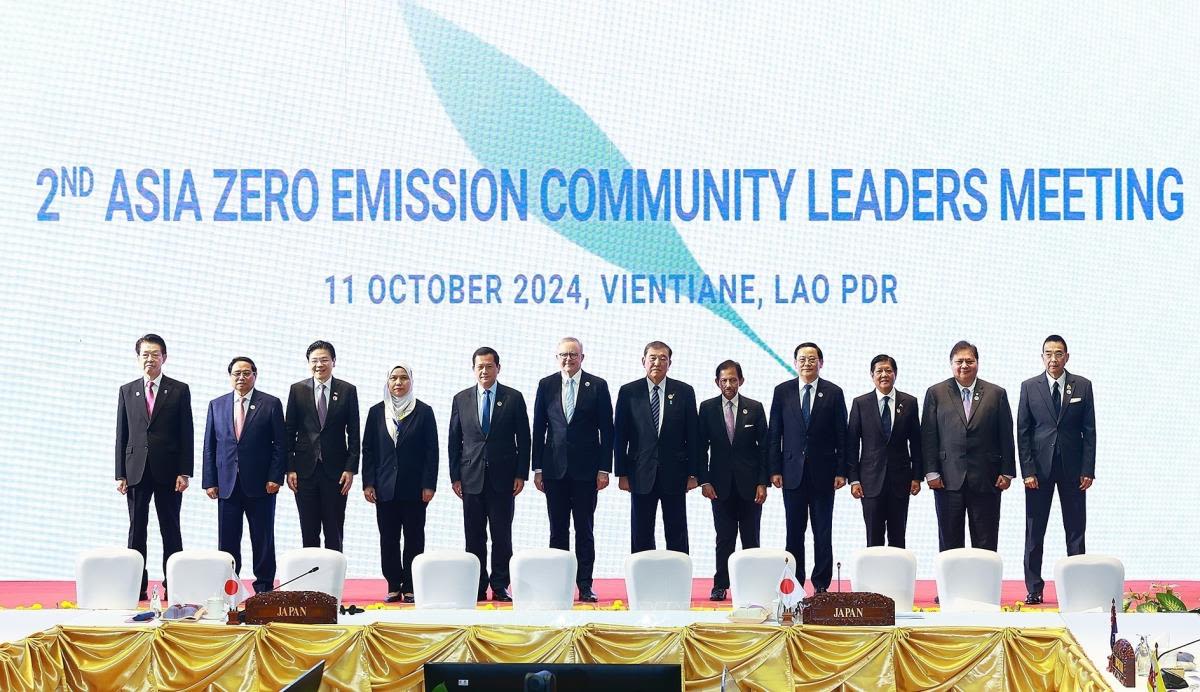
Prime Minister Pham Minh Chinh and leaders at the 2nd AZEC Summit within the framework of the 44th and 45th ASEAN Summits and related conferences in Vientiane, Laos. (Photo: VGP)
Reporter: In order for Vietnam to accelerate the green transition process, especially realizing Net Zero commitments, what priority policies do you think the Government should focus on in the coming period?
Ms. Nguyen Thuy Hanh: In my opinion, we first need to ensure clarity and consistency in climate policies, carbon pricing, and emission reduction roadmaps. Carbon pricing through mechanisms such as carbon emissions trading will create clear incentives for organizations to reduce emissions, thereby attracting the participation of investors and businesses.
In addition, it is necessary to synchronize regional standards on carbon credits, information transparency, power purchase contracts, etc. to promote cross-border trade, investment and development of large-scale sustainable financial products.
In particular, Vietnam has issued Decision 21/2025/QD-TTg regulating environmental criteria and confirming investment in green investment projects. Effective implementation in accordance with international practices will significantly contribute to attracting international capital.
Reporter: Mobilizing international capital for green projects and climate change adaptation in Vietnam still faces many difficulties. In your opinion, what are the core factors for Vietnam to effectively attract this capital flow, especially from the private sector?
Ms. Nguyen Thuy Hanh: To effectively mobilize capital, Vietnam needs to focus on three factors :
First , ensuring transparency and credibility in sustainability disclosures is essential. Policy support that encourages more companies to start improving the quality, comparability and reliability of their sustainability disclosures and reporting in the short term would significantly contribute to raising international capital. This can be achieved by harmonizing disclosure standards and frameworks, and integrating sustainability risks into global accounting frameworks.
At Standard Chartered, we support businesses interested in integrating the ESG Framework/or making decisions in their business operations through ESG advisory services.
Second , climate risk must be integrated into corporate governance systems as a key element of system resilience.
Third , to achieve long-term success, we need to build a workforce with expertise and research capacity in sustainable finance.

Standard Chartered supports businesses interested in integrating the ESG Framework/or making decisions in their business operations through ESG advisory services.
Reporter: What specific strategies has Standard Chartered had to support Vietnam in developing sustainable finance, promoting green transformation and Net Zero goals? Could you share more about the priorities in Vietnam in this area?
Ms. Nguyen Thuy Hanh: We are committed to achieving net zero emissions by 2050. As part of the 2050 target, the bank committed to mobilizing USD 300 billion in sustainable finance by 2030 and we are actively working with clients to help them achieve their climate goals. We aim to achieve USD 1 billion in sustainable finance revenue by 2025, including transformational finance transactions. In 2024, we reported USD 982 million in sustainable finance income, on track to achieve our 2025 target.
In Vietnam, we focus on mobilizing private capital for industries in transition, contributing to the implementation of the JETP Agreement as well as developing the carbon credit market.
In 2024, the JETP Secretariat and international partners selected eight promising projects for resource mobilization and implementation, of which three projects have made significant progress. In mid-May 2025, the Ministry of Industry and Trade (MOIT) submitted 25 project proposals to the International Partnership Group (IPG) and Glasgow Finance Alliance for Net Zero (GFANZ) for review. Together with MOIT, IPG partners and GFANZ members will select the most suitable project proposals for JETP. The results will be shared with project owners soon, setting the stage for further discussions and negotiations. We look forward to the results, which are expected to lead to breakthroughs.
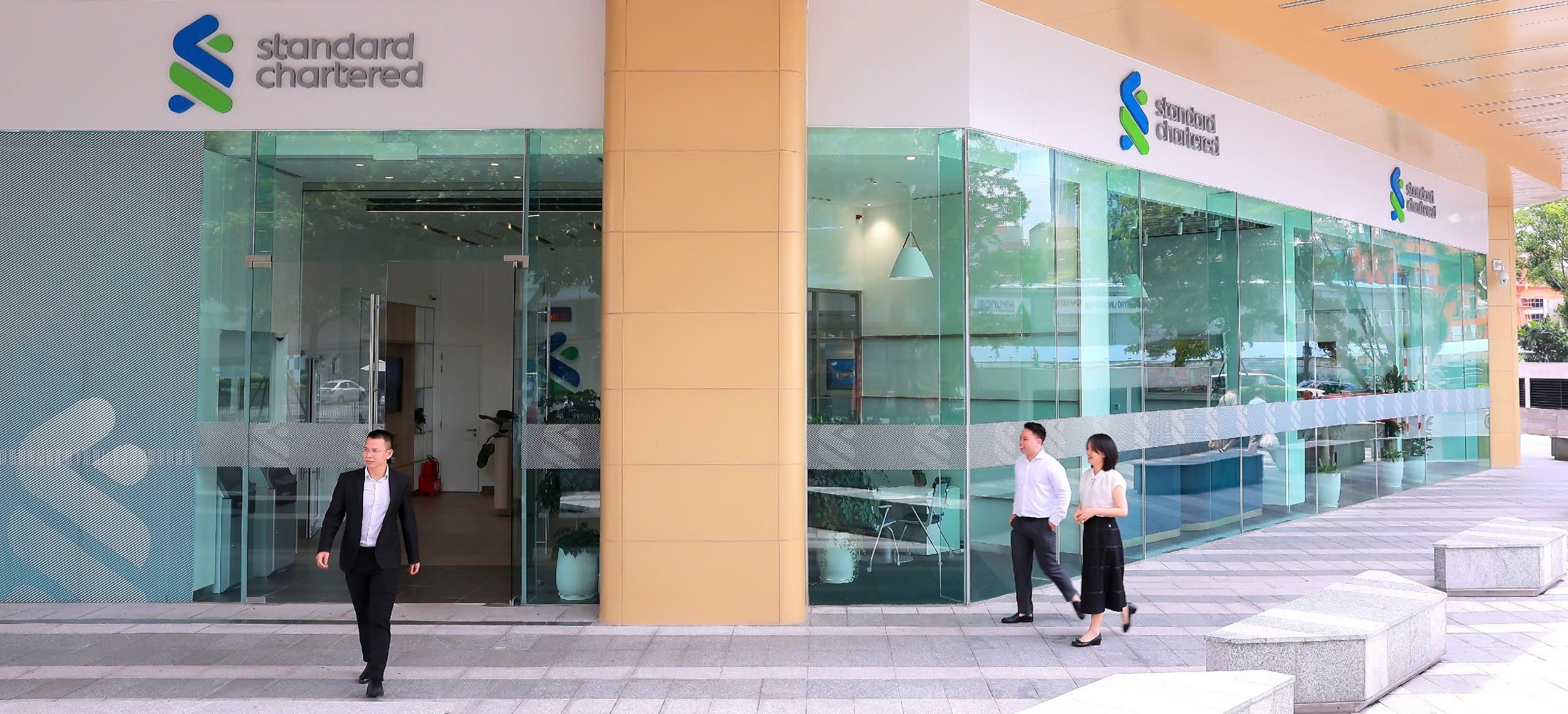
Standard Chartered commits to achieving net zero emissions by 2050.
Reporter: What role does Standard Chartered play in the carbon market cooperation programs in Vietnam? How do you assess the prospects of Vietnam's carbon credit market in connection with ASEAN countries?
Ms. Nguyen Thuy Hanh: We have signed a memorandum of understanding with the Ministry of Natural Resources and Environment (now the Ministry of Agriculture and Environment) since 2023, coordinating the organization of many workshops, sharing international experiences, especially on voluntary carbon markets through cooperation with Climate Impact X.
Vietnam now has a great opportunity to participate more deeply in the ASEAN Common Carbon Framework (ACCF), connecting with developed markets in the region such as Malaysia, Indonesia, Singapore and Thailand. Strict compliance with international standards such as Verra, Gold Standard, CCP/IC VCM will help Vietnam's carbon credits increase competitiveness, attract international investment capital, and make practical contributions to climate goals.
By strengthening policy frameworks, enhancing regional cooperation, facilitating sustainable finance and building robust carbon markets, Vietnam can tap vital capital and accelerate progress. Success depends on continued collaboration and determination between the government, financial institutions and the private sector to overcome the challenges ahead.
Reporter: Thank you for your comments, Ms. Nguyen Thuy Hanh!
Publication date: July 26, 2025
Production organization: HONG MINH
Content, Presentation: PHAN THACH
Photo: VNA, Vecteezy
Source: https://nhandan.vn/special/standard-chartered-viet-nam-tai-chinh-xanh/index.html



![[Photo] National Assembly Chairman Tran Thanh Man holds talks with South Korean National Assembly Chairman Woo Won Shik](/_next/image?url=https%3A%2F%2Fvphoto.vietnam.vn%2Fthumb%2F1200x675%2Fvietnam%2Fresource%2FIMAGE%2F2025%2F11%2F20%2F1763629724919_hq-5175-jpg.webp&w=3840&q=75)


![[Photo] President Luong Cuong receives President of the Senate of the Czech Republic Milos Vystrcil](/_next/image?url=https%3A%2F%2Fvphoto.vietnam.vn%2Fthumb%2F1200x675%2Fvietnam%2Fresource%2FIMAGE%2F2025%2F11%2F20%2F1763629737266_ndo_br_1-jpg.webp&w=3840&q=75)



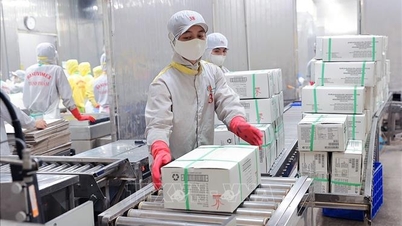









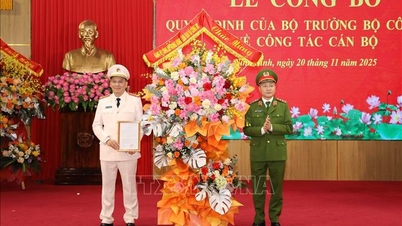
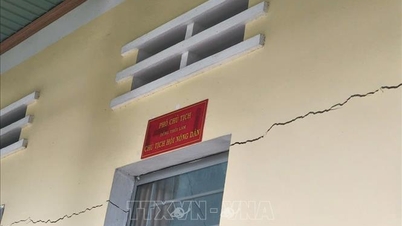
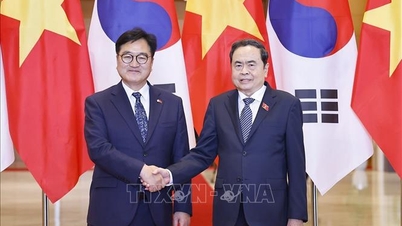
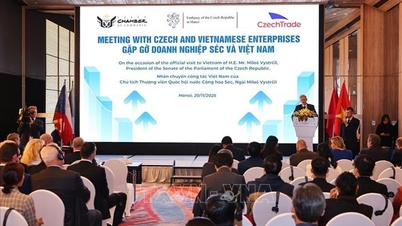
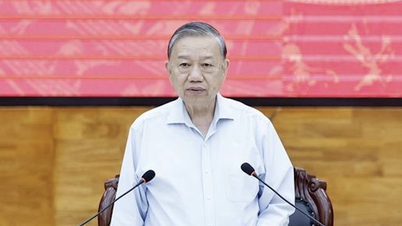
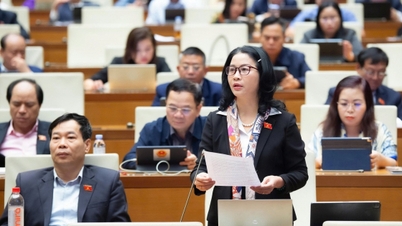






![[Photo] National Assembly Chairman Tran Thanh Man holds talks with South Korean National Assembly Chairman Woo Won Shik](https://vphoto.vietnam.vn/thumb/402x226/vietnam/resource/IMAGE/2025/11/20/1763629724919_hq-5175-jpg.webp)
![[Photo] President Luong Cuong receives President of the Senate of the Czech Republic Milos Vystrcil](https://vphoto.vietnam.vn/thumb/402x226/vietnam/resource/IMAGE/2025/11/20/1763629737266_ndo_br_1-jpg.webp)

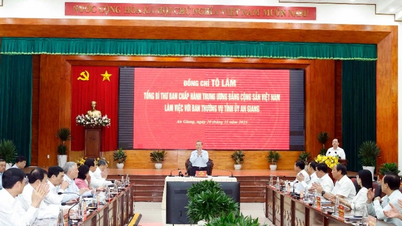
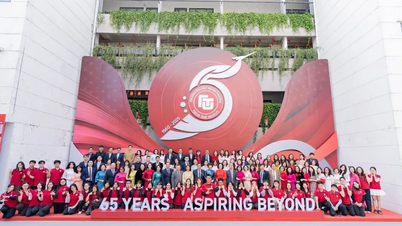










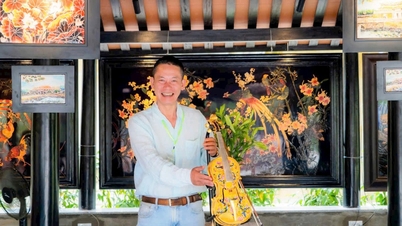















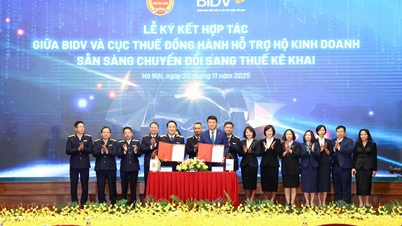









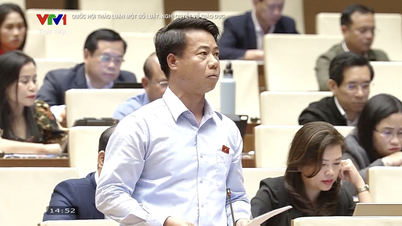






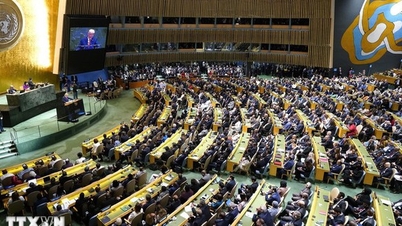

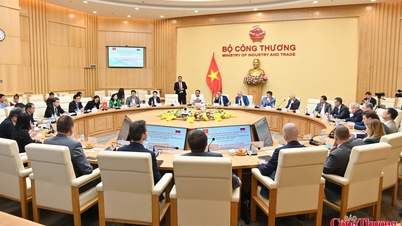

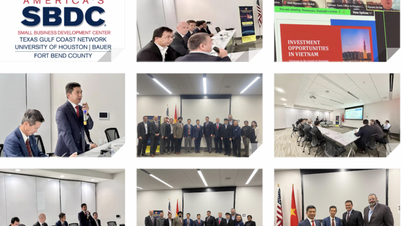



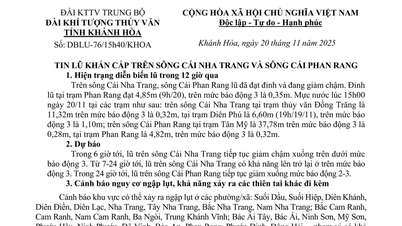

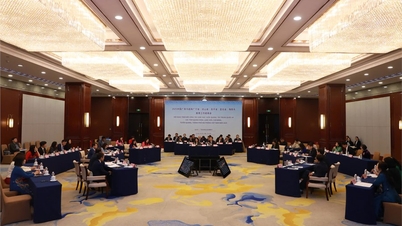





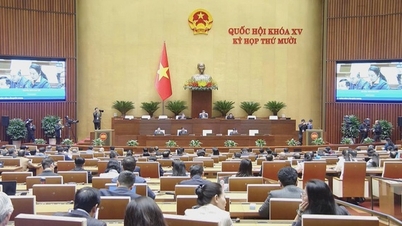














Comment (0)